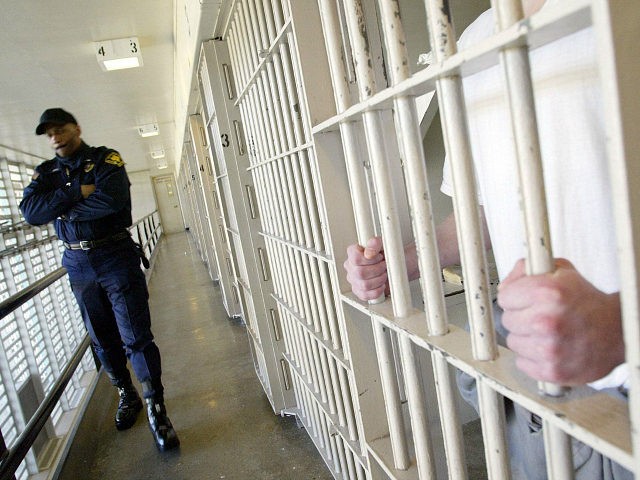A computer algorithm designed to determine the reoffending risk of criminals has been deemed inaccurate, according to a report.
A computer algorithm, which was designed in 1998 to predict the repeat offense risk of certain categories of criminal defendants, has been found to be no more accurate than an untrained human.
The algorithm, called Compas (Correctional Offender Management Profiling for Alternative Sanctions) has been used in the United States to determine if criminal defendants are too much of a societal risk to be released on bail.
An analysis of the algorithm revealed that it could be replaced with a simple calculation that includes both the offender’s age and their number of prior convictions.
“When you boil down what the software is actually doing, it comes down to two things: your age and number of prior convictions,” said Hany Farid, a professor of computer science at Dartmouth College. “If you are young and have a lot of prior convictions you are high risk.”
“As we peel the curtain away on these proprietary algorithms, the details of which are closely guarded, it doesn’t look that impressive,” he continued. “It doesn’t mean we shouldn’t use it, but judges and courts and prosecutors should understand what is behind this.”
Seena Fazel, a professor of forensic psychiatry at the University of Oxford, argued that algorithms like Compas still have some usage. “I don’t think you can say these algorithms have no value,” he finished. “There’s lots of other evidence suggesting they are useful.”
Perhaps as technology develops, more advanced A.I. systems in the future will be able to predict with greater accuracy the repeat offense risk of criminal defendants.

COMMENTS
Please let us know if you're having issues with commenting.